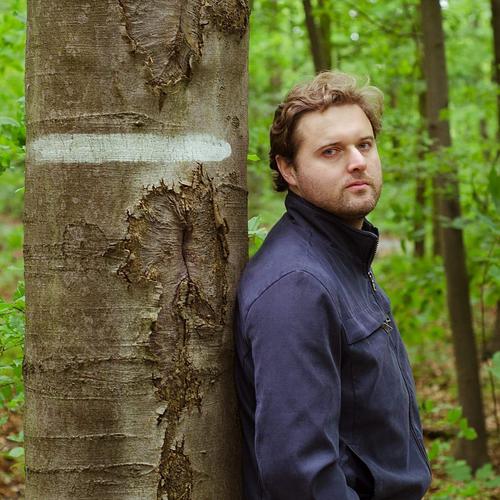Eduardo
Eduardo, 34, is doing his doctorate in Latin American History at the Institute for Latin American Studies of FU Berlin.
How did the idea to do your doctorate in Germany come to your mind and why did you choose the FU Berlin?
When I was a teenager, I already wanted to study in Germany. But the crucial factor for my decision was the master program my youngest brother did in Hannover. Therefore, I had someone very next to me who continuously motivated me to do this step. Berlin came into my life because of the Institute for Latin American Studies (LAI) of FU Berlin, an excellence center for research about Latin-American societies.
Who or what helped you concerning the preparations for your stay at the FU Berlin? Which advices were useful?
Before I started my PhD at FU Berlin, I had a scholarship for the Bielefeld Graduate School in History and Sociology (BGHS) of the University of Bielefeld. This scholarship was a preparation for the doctorate in the German academic world and helped me a lot.
What are your expectations for the future after graduating from FU Berlin?
To work as a university professor in Brazil.
Which problems or difficulties did you have to face and how did you manage them?
Especially the Germans´ and the German academic world´s degree of autonomy seemed strange to me. Here, the student has to be proactive and extremely independent. Concerning this matter, my experience at the university in Brazil was different. After all, I got used to this kind of academic culture.
Is there any particular aspect of the FU Berlin that you really like?
The online services and software the FU provides the students with. I use programs that are entirely financed by the university. Besides that, the campus is very nice and green.
What do you like most about the life in Germany?
Mobility is an important factor. Although I was born in the interior of Brazil in the state of Rio Grande do Sul, where I didn´t have big problems referring to this, the German public transport system is enviable. Another admirable aspect of Germany that partly fits to the topic of my doctorate is the Germans´ love for their forests. When I am back in Brazil, I want to spread the hiking culture (“Wanderschaft”).
What tip would you give Brazilians who are interested in doing a doctorate in Germany?
Learning German is essential. That means study, study and study!
Which is your favorite word in German?
Sommer (in Portuguese “verão”). The summer in Germany changes everything, it is a magical word. Not only the birds start to sing again and the flowers to flourish, but the people also seem to be reborn.
Interviewed by Bega Tesch in 2017

